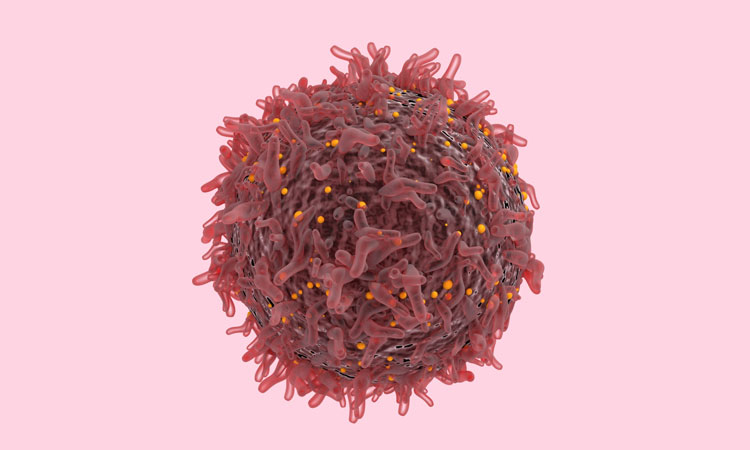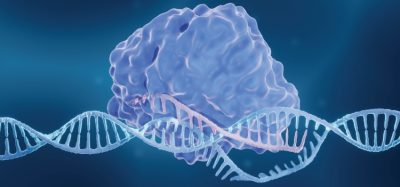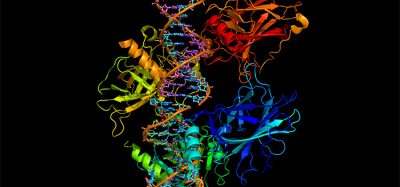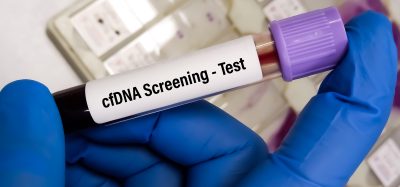Single cancer cells in lab-grown tumours analysed with new technology
Posted: 21 February 2020 | Rachael Harper (Drug Target Review) | No comments yet
New technology is for the first time enabling scientists to analyse the individual behaviour of millions of different cells living inside lab-grown tumours, which could lead to new personalised cancer treatments.

Analysis of the individual behaviour of millions of different cells living inside lab-grown tumours is now possible due to newly-developed technology. This could lead to personalised cancer treatments say scientists from University College London (UCL), UK, who developed the technology.
They continue that the research provides new insight into how mutated cancer cells ‘mimic the growth signals’ normally expressed by healthy cells – which allows cancer cells to grow unchecked.
“Our new technology allows us to simultaneously measure the behaviour of cancer cells, healthy cells and immune cells from mini-tumours,” said corresponding author, Dr Chris Tape at the UCL Cancer Institute. “This new technique revealed that mutations in cancer cells mimic the growth signals normally provided by cells in the healthy tissue microenvironment.
“In healthy tissues, signals from the environment are tightly controlled so the tissue doesn’t grow too fast. Unfortunately in cancer, mutations that mimic microenvironment signals are constantly switched on – allowing the cancer to grow unchecked. The new technology developed at UCL enabled scientists to observe this phenomenon in minute detail.”
Most methods used to study the mini-tumours – organoids – have involved grinding up all the cells and analysing it as a mixture. This limits scientists’ ability to assess how individual cells behave or how tumours collaborate with other healthy and immune cells.
To overcome this, the researchers have developed a new mass spectrometry platform to measure communication signals in millions of single cells from bowel cancer mini-tumours.
Specifically, they have developed a new technique to prepare cells for analysis on a mass spectrometer. At the subcellular level, heavy metal-tagged antibodies are attached to individual proteins (known as PTMs): these PTMs are found within all the different cell types (stem, immune, etc).
The different weight of each heavy metal allows the mass spectrometer to differentiate the various proteins and analyse their behaviours and signalling activity within and between the different cell types. More than 40 types of PTM were tagged in this process, enabling researchers to build detailed ‘circuits’ that describe how the cancer cells are working.
Moving forward, the scientists plan to use this technology to study how tumours from individual patients can uniquely communicate with healthy cells and the immune system.
“By understanding how mini-tumours function at the single-cell level, this new technology will enable researchers to identify new ways to treat an individual’s cancer,” said Dr Tape.
The research was published in Nature Methods.
Related topics
Mass Spectrometry, Organoids, Personalised Medicine, Research & Development, Screening
Related conditions
Cancer
Related organisations
UCL
Related people
Dr Chris Tape







